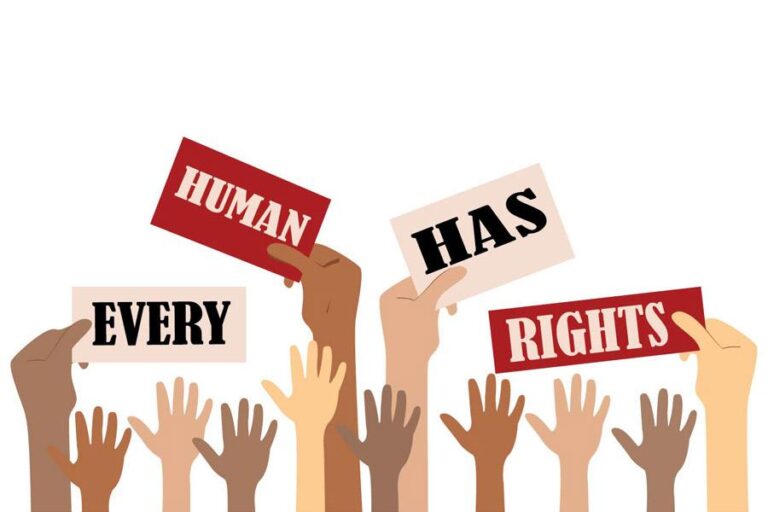Balancing Crime Control with Human Rights: Why Both Are Essential for a Just Society
The words crime control often make headlines. Governments announce stricter laws, police operations intensify, and security is tightened. But in the middle of this rush to create “safer” communities, there’s a risk of overlooking something equally important — human rights.
At first glance, crime control and human rights may seem like two different goals. One is about stopping crime. The other is about protecting individual freedoms. But here’s the truth: a society can never truly be safe unless it is also fair.
That’s where organizations like the Human Rights and Crime Control Association step in working to ensure that safety doesn’t come at the cost of justice.
Why Are Human Rights Important in Crime Control?
Let’s break this down.
Every individual, no matter who they are or what they’ve done, has basic human rights. These include the right to dignity, a fair trial, freedom from torture, and the right to legal representation. Crime control methods that ignore these rights often backfire. Why?
Because justice built on injustice isn’t real justice.
History shows us that when police forces or legal systems bypass human rights in the name of controlling crime, it leads to abuse of power, wrongful imprisonments, and broken communities. And once people lose trust in the justice system, controlling crime actually becomes harder, not easier.
The Role of Human Rights Organizations
Organizations like the Human Rights and Crime Control Association act as bridges between citizens and the justice system. Their goal is not just to fight crime but to do it in a way that respects the humanity of everyone involved victims, accused individuals, and even law enforcement officers.
Some of the key areas they work on include:
- Ensuring fair trials for those accused of crimes.
- Protecting vulnerable communities from unfair targeting.
- Offering legal aid to those who can’t afford it.
- Raising awareness about human rights laws.
- Collaborating with police and lawmakers to develop fairer, more effective crime control policies.
Crime Control Without Human Rights Doesn’t Work
Countries that have tried to enforce crime control by ignoring human rights have seen the long-term damage: overcrowded prisons, rising frustration among innocent communities, and even an increase in crime due to lack of trust in the system.
The solution is balance. Strict laws, yes — but also strong protections for rights. Policing, yes — but with accountability and transparency. Legal punishment, yes — but through fair trials and evidence-based justice.
Building a Better, Safer Society Together
Crime must be controlled, no doubt. Families deserve to feel safe walking in their neighborhoods. Children deserve to grow up in secure environments. But that security should come with dignity, not fear of unfair treatment.
That’s the mission of organizations like the Human Rights and Crime Control Association. They work to build societies that are not only safe but also just — because you shouldn’t have to choose between the two.
A truly modern, forward-thinking nation understands that human rights are not a barrier to crime control; they are the foundation of it.
After all, what good is safety if it comes at the cost of fairness?
Let’s build a future where we don’t have to choose — where we can have both.




